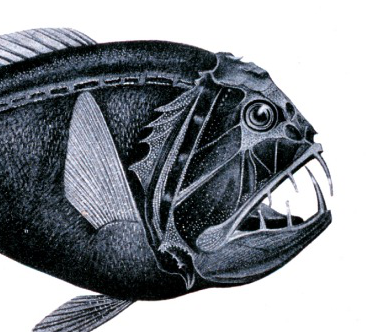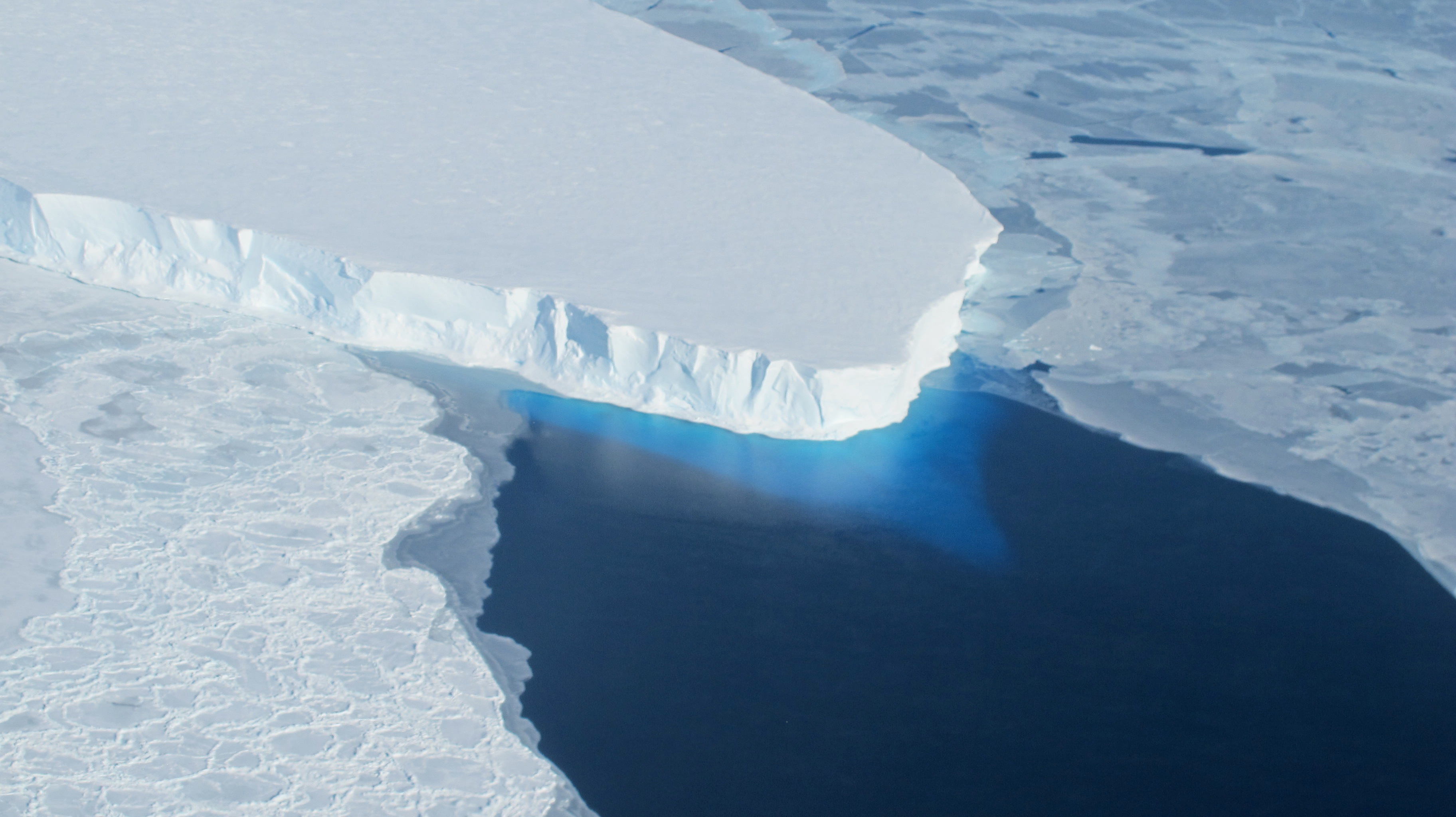Background
One of the main reasons people go on vacations is to experience the natural beauty of somewhere other than where they live. Because so many of these tourist destinations rely on natural resources to draw in visitors, they can be vulnerable to changing climate conditions. Major environmental shifts that might have an impact on tourism destinations are rising sea levels, coastal erosion, increased volatility of weather, and habitat degradation. People who go to these destinations do so to enjoy nature-based activities like whale watching, hiking, and SCUBA diving, and if climate change alters the natural resources of an area, that could decrease the attractiveness of it to tourists. National Parks are especially vulnerable to shifts in climate because many visitors plan their entire vacation around the available nature-based activities there.
In thinking about climate change, policymakers and park managers need to think about their visitors’ perceptions. Once they know how their visitors feel about climate change and its effects on their vacation plans, they can make decisions that help their areas deal with any negative effects and exploit any opportunities. These researchers designed a study to explore visitors’ perceptions about climate change effects in Acadia National Park in order to help park managers make those decisions.
Methods
The researchers created a survey and targeted visitors at Acadia National Park in Maine to understand the varied responses of visitors to climate change, and to see if there were differences in those perceptions among age groups, gender, and education level. Acadia National Park is a coastal region that attracts visitors who enjoy outdoor activities such as camping, kayaking, tide-pooling, bird-watching, hiking, biking, and whale watching. The region is most vulnerable to sea level rise, coastal erosion, ocean acidification, an increase in rain and temperatures, and changes in plant/animal distribution (like whales and lobsters).

Researchers approached visitors with an iPad and asked them to participate in the survey. They answered 13 questions about their age, educational level, gender, residence, and opinions on climate change.
Results/Discussion
The survey respondents gave the researchers a lot of interesting information, all based around three major questions:
- Is weather a factor visitors consider during their travel?
- How do visitors think climate change will affect tourism at Acadia National Park?
- Are those perceptions different among age groups, genders, or educational levels?
Question 1: Weather
The reasons for visiting the Mount Desert Island region were mostly nature-based: 24% wanted to go to Acadia National Park, 17% wanted to see the scenery, 16% wanted to participate in outdoor recreational activities, and 6% wanted to enjoy the ocean/beaches. Most (73%) of the respondents said the weather was a big factor in choosing Mount Desert Island as their destination, which could have consequences if the weather patterns in coastal Maine start to experience adverse climate effects.

Question 2: Climate Change and Acadia Tourism
The majority (61%) of survey respondents believe that climate change will affect the tourism industry in Mount Desert Island, and most of those people (87%) believe that climate change will bring negative consequences. 27% were concerned about sea level rise, which respondents were worried would damage coastal attractions and access facilities. The next major concern (16% of respondents) was increased temperatures, which could make recreational activities more physically challenging and potentially dangerous and discourage visitors who wanted a “break from the heat” in southern areas. The final major concern (7% of respondents) was that climate change would negatively affect the wildlife of Maine, such as whales and lobsters.
Only 23% of respondents said that Acadia would not be affected by climate change, with the major reason being that Acadia has diverse attractions and will therefore be resilient to any changes brought on by climate change. Other visitors said that these climate effects wouldn’t be seen in our lifetime. 35% of the people who said climate change would not affect Acadia doubted the existence of climate change at all.
The remainder (15%) said that they were unsure about climate change’s effects on Acadia’s tourism. Of those that were unsure, many expressed that they would like more information about region-specific impacts to tourism, which represents a great opportunity for park managers and staff to develop educational materials encouraging visitors to reduce their carbon footprints and modify behaviors to be more climate friendly.

Question 3: Age/Gender/Educational Level Differences
Of the responses the researchers received, they determined that young women between the ages of 18-30 were the mostly likely people to think that climate change would affect tourism in Acadia. Women (73%) were more likely than men (57%), and 18-30 year olds were 76% more likely than people over the age of 60 to respond that way. There was no difference seen in educational level.
Managers can use this valuable information to help develop educational materials for their visitors. Getting more data on how visitors see climate change is essential to understand just how vulnerable these natural parks are to the direct environmental effects climate change and the more indirect effect of tourism revenue.
Engage
How could climate change alter your favorite vacation spot? Which activities would be impacted the most? The least?
Hi and welcome to oceanbites! I recently finished my master’s degree at URI, focusing on lobsters and how they respond metabolically to ocean acidification projections. I did my undergrad at Boston University and majored in English and Marine Sciences – a weird combination, but a scientist also has to be a good writer! When I’m not researching, I’m cooking or going for a run or kicking butt at trivia competitions. Check me out on Twitter @glassysquid for more ocean and climate change related conversation!

